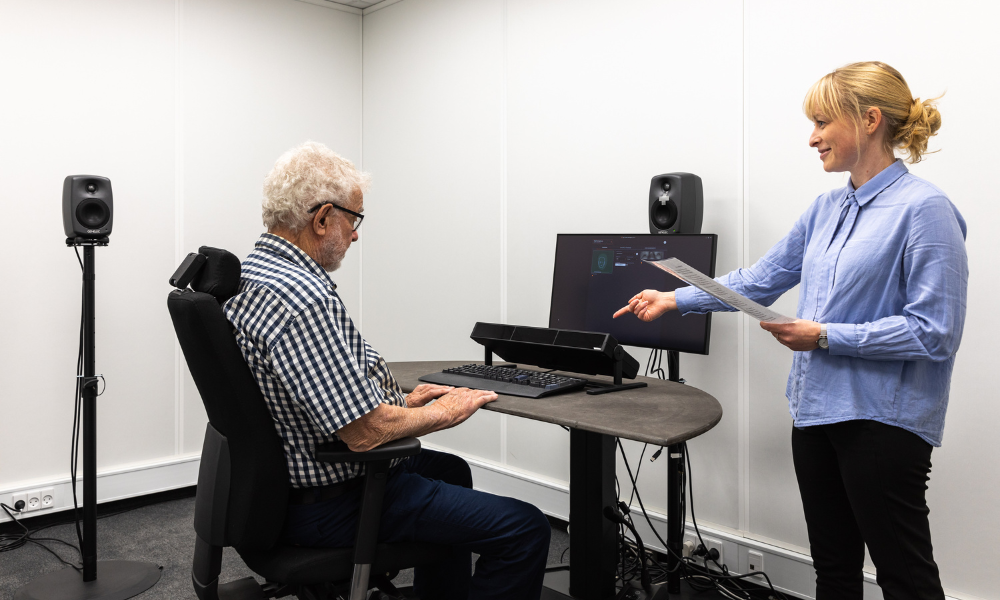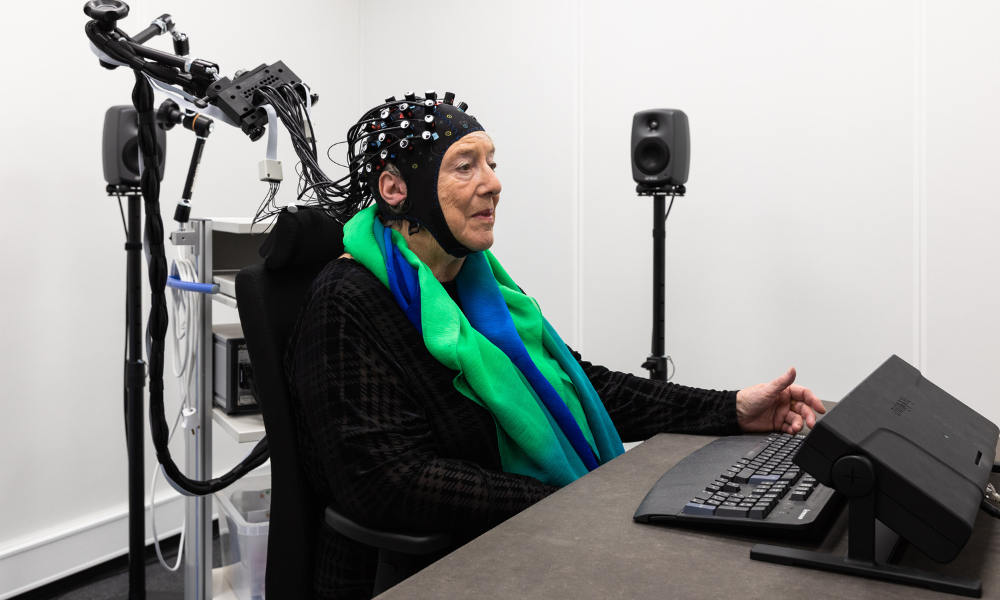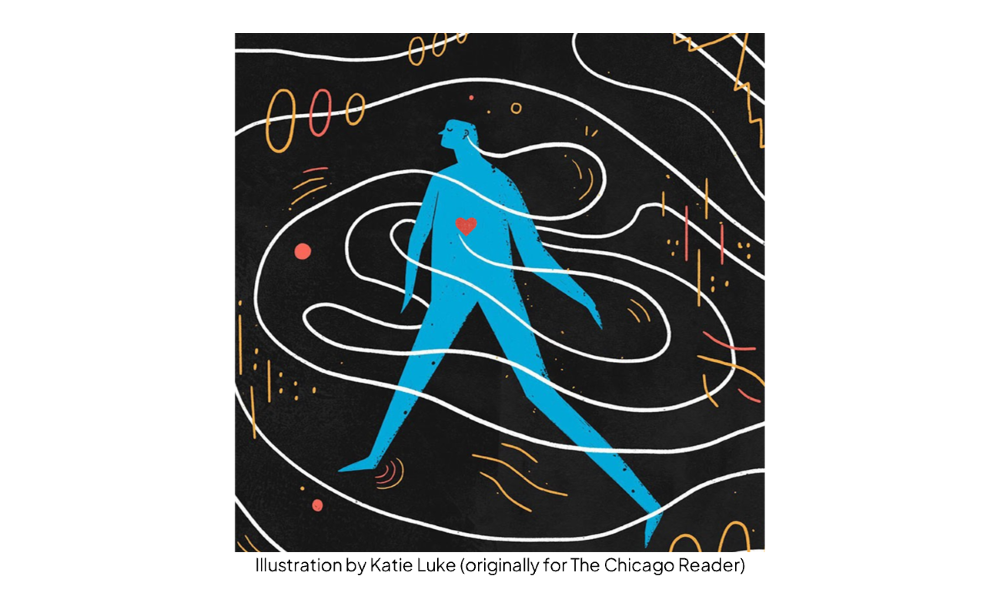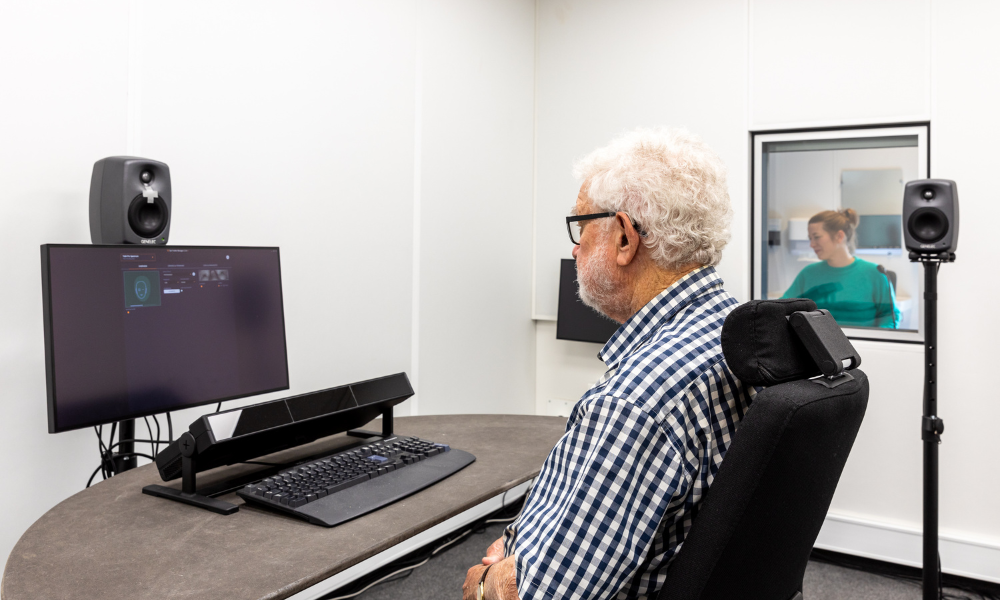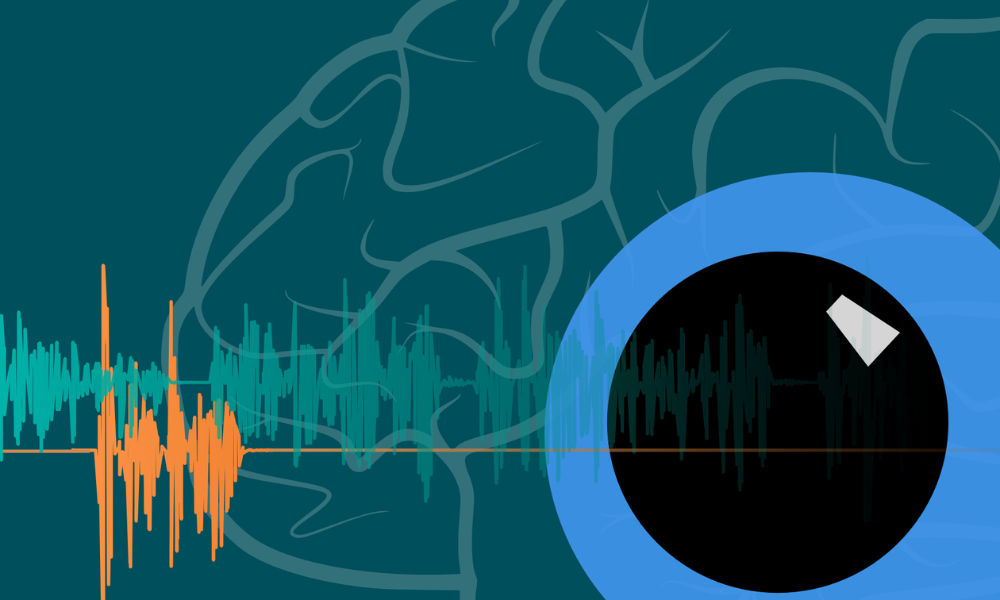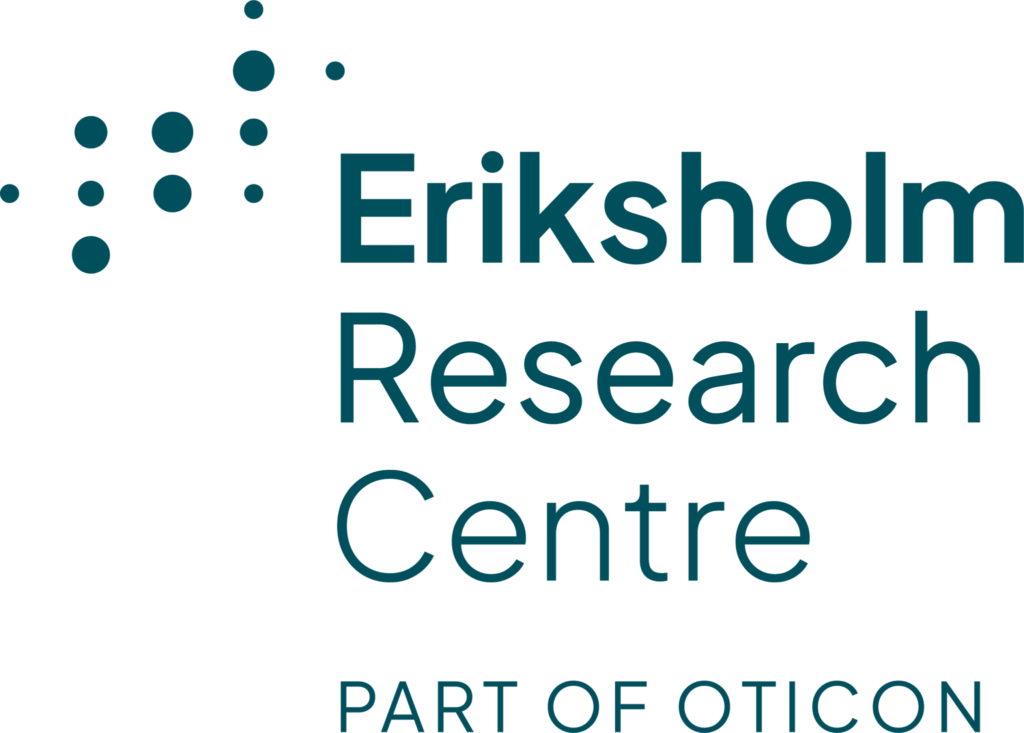Introduction
Hearing loss not only reduces audibility but also impairs speech comprehension and increases cognitive demands during listening. This can harm communication skills and have severe psychosocial consequences, which include increased levels of mental distress and fatigue, and a lack of energy and stress-related sick leave from work. It is therefore crucial to provide rehabilitation techniques that adequately address the problems that people with hearing loss face in everyday communication.
Recently, pupil dilation has been proposed to indicate levels of listening effort during speech comprehension in noisy environments. In auditory research, pupillometry is applied to assess how listening effort is influenced by various relevant factors, including interfering background noise, hearing loss, and hearing aid sound processing. However, most studies linking pupil dilation to listening effort rely on data averaged across listeners and not many attempts have been made to evaluate pupillometry as a reliable marker of individual’s effort investment.
This project is supported by the William Demant Foundation by funding one PhD candidate.
Aims
This project aimed to evaluate the feasibility of pupillometry as a reliable marker of listening effort within individual listeners by assessing the sensitivity and specificity of the pupillary method using a speech-in-noise listening test.
The work was performed at DTU in collaboration with Professor Torsten Dau and Assistant Professor Abigail Kressner from Hearing Systems as well as Associate Professor Per Bækgaard (DTU Compute).
The work of Mihaela Neagu, Helia Relaño-Iborra and Kirsten Jensen was supported by the foundation.
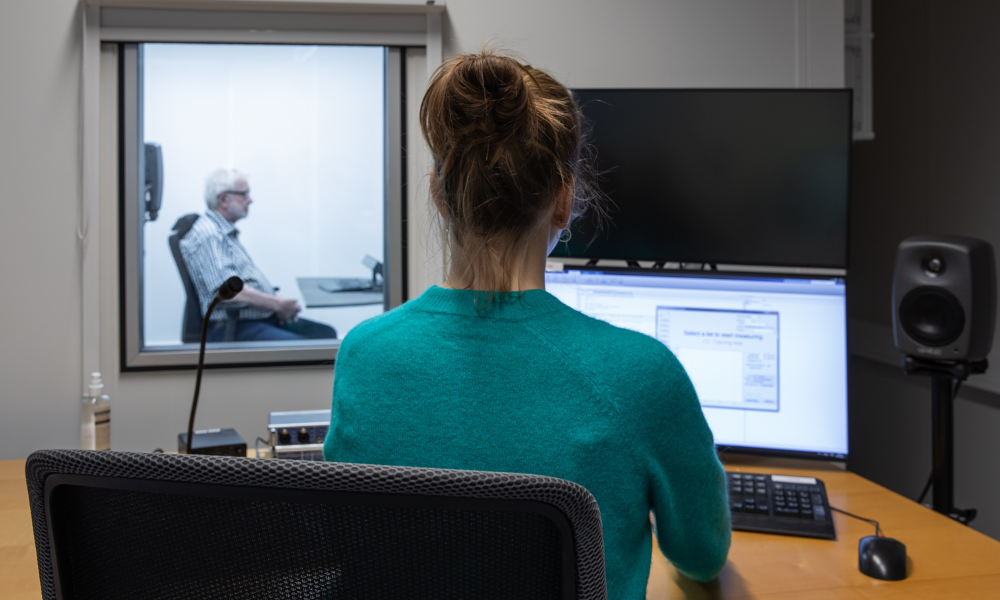
Methodology
One work-package examined the reliability of the method throughout a longitudinal study for people with normal hearing as well as for people with hearing impairment to identify the variance of the individual pupil responses assessed in a speech-in-noise test over a period of time. Several individual factors, such as hearing and cognitive abilities, were assessed in order to better understand how those listener-specific factors affect the Pupil Dilation Response.
In another work package, advanced analysis methods were applied to assess and model the pupillary responses and to classify individual pupil traces. The aim is to identify models that are clinically feasible for analysis on an individual basis using a few or even single pupil traces.
Results
Findings suggest that pupillometry demonstrates potential of being clinically applied to assess individuals’ listening effort. Depending on the test conditions, reliable pupil features can be obtained, which is a prerequisite of a clinically feasible method. However, individual factors including fatigue and motivation, contribute to the variability in the pupil response and need to be considered when interpreting the data.
In addition, newer approaches give strong indication that individuals’ single pupil traces can be linked to their exerted effort. However, preprocessing of the pupil data was key to separate listeners and conditions for which a reliable classification was not possible.
Overall, this work can provide a valuable basis for developing a clinical tool to assess listening effort, which will facilitate more comprehensive evaluations of speech communication that extend beyond audibility and speech intelligibility.


